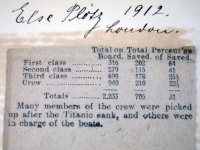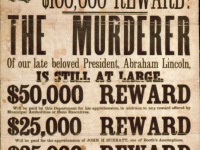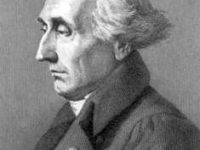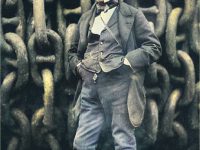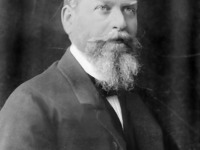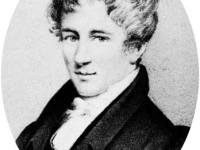Titanic – the Unsinkable Ship and the Iceberg
On April 15, 1912, 2:20 AM, British passenger liner Titanic sank after colliding with an iceberg in the North Atlantic during her maiden voyage from Southampton to New York City, US, causing more than 1,500 deaths. The Largest Vessel of the White Star Line The RMS Titanic was one of the largest vessels of the White Star Line with a length of 269.06 m (882 feet) and a total weight of 46,328 gross…
Read more

